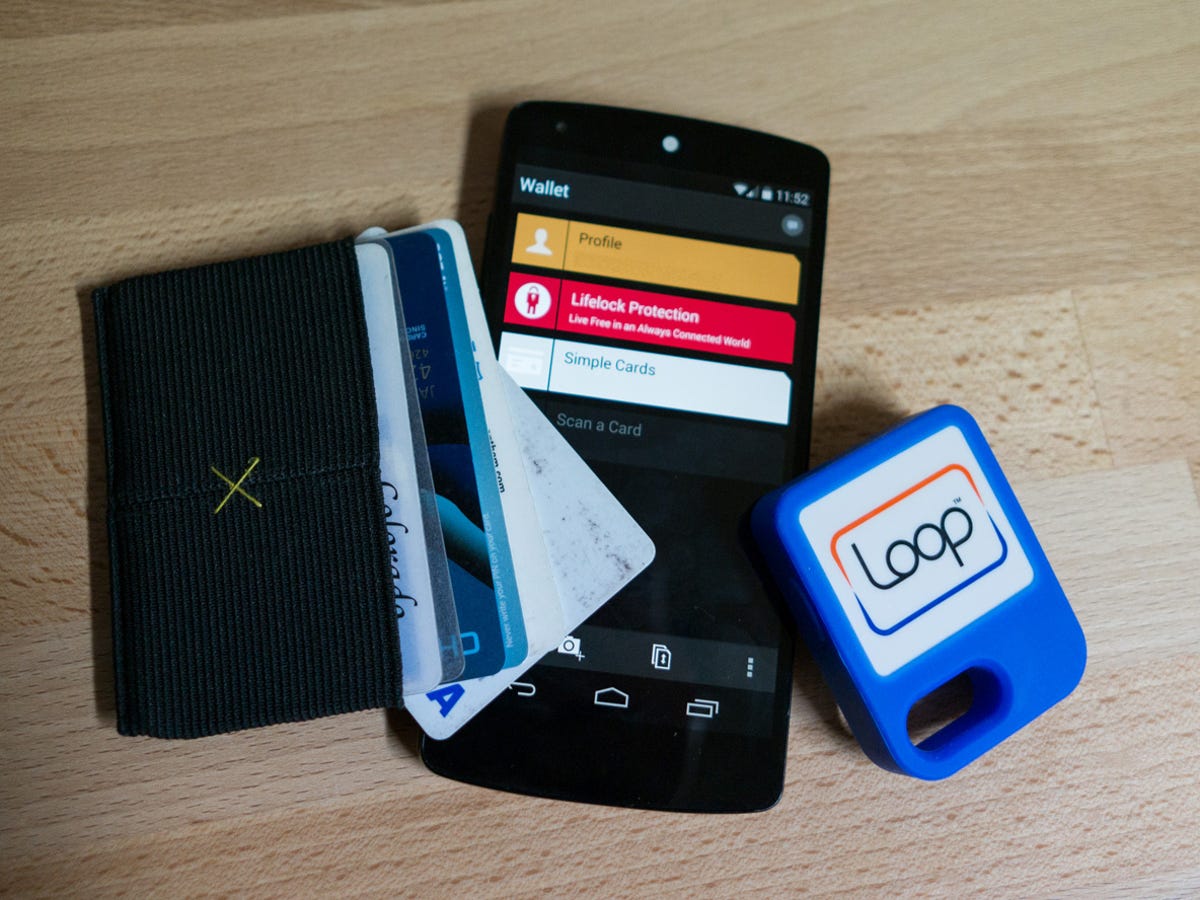
Jason Cipriani/CNET
It’s true, mobile payments aren’t mainstream quite yet, but that shouldn’t stop you from going digital with your wallet. Over the course of the last year how many times have you accidentally forgotten your wallet? How about your smartphone? I’m willing to bet your wallet is far more neglected, and for good reason.
When you combine insurance cards, rewards cards, credit cards, debit cards and some form of ID — wallets become heavy, thick and downright annoying to deal with.
Continuing with our theme of spring cleaning, let’s take a look at how to convert your boring, analog wallet into an interactive (and at times impressive) digital solution.
Payments
Let’s start with the elephant in the room: mobile payments. The expectation surrounding the idea of digitizing a wallet is the the ability to pay with a smartphone. A reasonable expectation on all accounts.
Apple Pay
Apple Pay is the obvious choice for those using a newer iPhone (iPhone 6 and 6 Plus), or those about to purchase an Apple Watch. You can add your credit and debit cards to Apple Pay through the Passbook app. Then when it comes time to pay, you simply tap the top of your iPhone to the NFC terminal and put your finger over the home button in order for Touch ID to verify your identity.
You can read more about Apple Pay, its security features, the ins and outs of using it, and how to add cards in our all-encompassing guide here.
Samsung Pay
Samsung has already announced Samsung Pay, but it’s not yet available. It works similarly to Apple Pay, but instead of only relying on NFC technology Samsung used its purchase of Loop Pay to integrate a technology that makes you feel like a magician. We don’t have too many details surrounding the exact timing of Samsung Pay, but those who purchase a Galaxy S6 or Galaxy S6 Edge will have access as soon as it’s launched. In the mean time, you can watch a brief video featuring Jessica Dolcourt walking us through how Samsung Pay works.
Loop Pay
For iOS users who don’t have access to Apple Pay, or those who want to experience some of Loop Pay’s magic, you can purchase standalone accessories for mobile payments.
The company offers an iPhone case for $59.95 that includes a LoopPay Card, or you can purchase just the LoopPay Card for $49.95.
The LoopPay Card comes with everything you need to add cards to the card via the smartphone app. Loop boasts compatibility at roughly 90 percent of merchants. Meaning, you don’t have to consult a map of vendors that accept Loop; you simply walk in, hold it up to the credit card machine and press a button.
LifeLock Wallet App
The name isn’t all that familiar, but the app likely is. LifeLock purchased the Lemon Wallet App late in 2013 and promptly relaunched the app with a new name.
Names aside, LifeLock is a free app to help you maintain a digital wallet. You’re able to scan credit cards, debit cards, rewards cards, membership cards — you get the point. Going even further than simply letting you store payment information in the app, you can also track your account balances and spending. Try doing that with your current wallet.
Naturally, there are prompts to sign up for LifeLock’s identity-protection service, but you can just ignore them. The wallet portion of the app remains free.
Download the LifeLock Wallet App for iOS or Android.
Receipts
Receipts are a necessary evil at times, including during business trips and the holidays. Personally, I despise having to carry around a piece of paper to prove I purchased something, but I digress.
Instead of managing a pile of paper, scan your receipts and store them digitally. One of the apps I use to scan receipts isn’t meant for personal use so much as it’s meant for business users. The service is called Expensify. Using an iOS or Android device you can snap a photo of a receipt and save it to the app, where it will then covert it into a digital copy for you.
Both free and paid account options exist, each offering a varying number of scans and features respectively.
I’m sure you guys have some tips for going digital with your wallet. Let’s hear ’em in the comments below!
Editors’ note: It’s spring cleaning time! You can view all of our spring cleaning tips and tricks here. Keep checking back for more tips.
This How To post was originally published on April 21, 2014, and has been updated to include new information.



